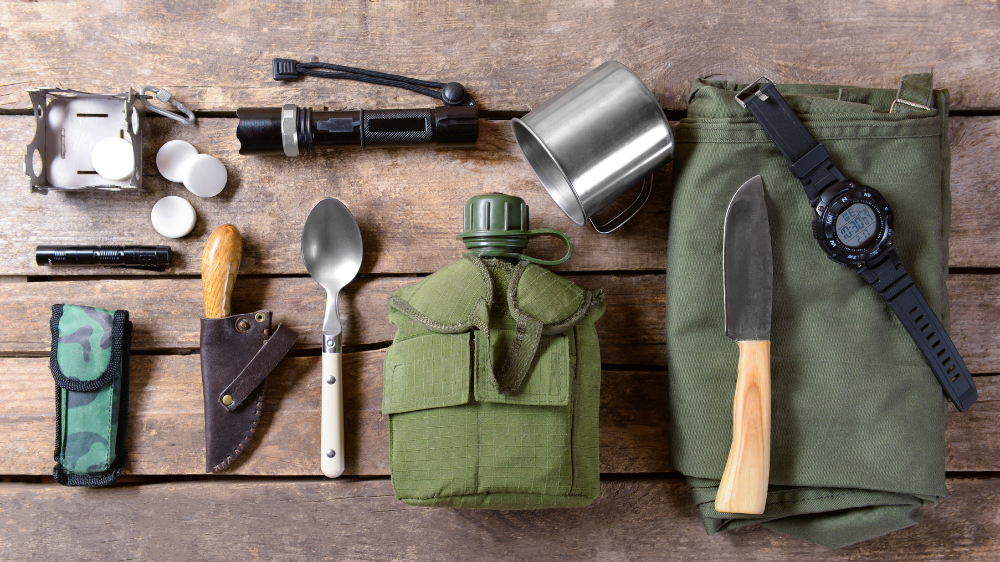When you’re eagerly anticipating a trip, packing and thinking about what to do and what to wear at your destination is part of the fun. However, no matter how great your wardrobe is, forgetting essential items like your wallet or daily medications can ruin the entire trip.
Especially for travelers visiting Japan from abroad, having the right items to adapt to cultural and habitual differences is crucial. For example, many places in Japan do not accept credit cards, so bringing cash is necessary. Additionally, a translation app to overcome language barriers and an IC card for smooth transportation can be very convenient.
In this article, we will introduce:
- Items that are useful for traveling in Japan
- Items that can make your trip to Japan more comfortable
Cash(YEN)
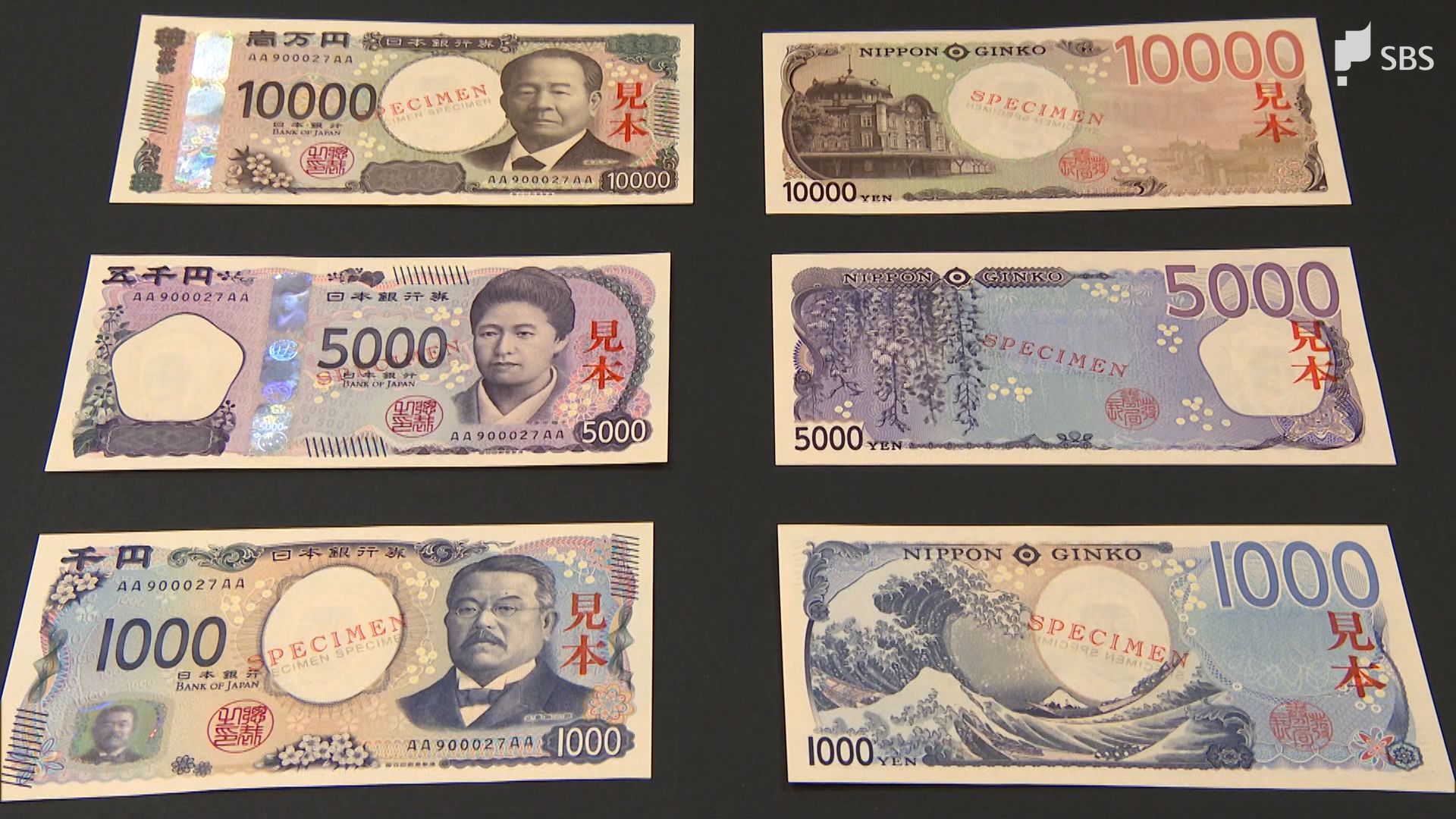 Japanese YEN
Japanese YEN※Due to the recent switch to new banknotes, you will likely see two types of currency in circulation.(2024/July)
In Japan, many places do not accept credit cards. This is especially true for small shops, restaurants, and tourist spots in rural areas where cash is the main method of payment. Additionally, cash is often required for public transportation and vending machines. Therefore, it is recommended to always carry enough cash with you.
Mobile Charger
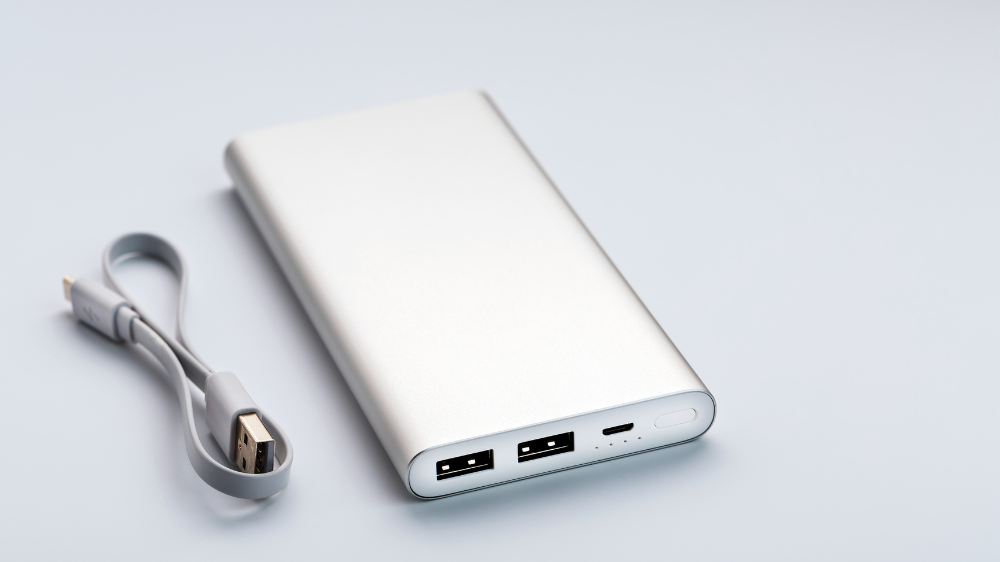 portable charger
portable chargerA charger is essential for using electronic devices such as smartphones and cameras. During your trip, you will likely use your phone for looking up information about tourist attractions, using map apps, and taking photos, so it’s important to ensure your devices don’t run out of battery. Carrying a portable charger (power bank) can provide extra peace of mind.
If you have too many items and can’t fit everything in your luggage, you might consider purchasing a mobile charger in Japan. You can buy one at electronics stores or order from Amazon Japan and have it delivered to your hotel.
Japanese-made chargers are high-performance and durable, so you can continue to use them even after returning to your home country.
Transportation IC card
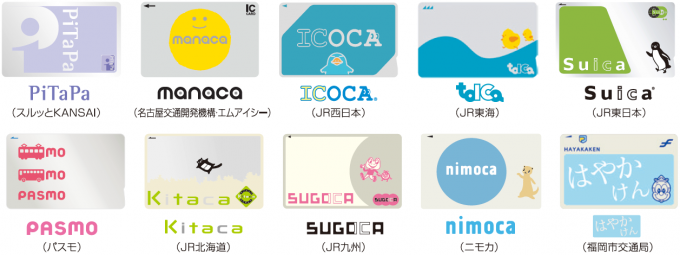 Transportation IC card
Transportation IC cardhttps://www.jreast.co.jp/multi/
The type of IC card varies by region, but most can be used in many places. For example, in Tokyo, you can use Suica or Pasmo, and in Kansai, ICOCA or PiTaPa are commonly used.
If you tell the station staff that you want to purchase a transportation IC card at the station in the area you wish to travel, they will assist you. Additionally, it’s advisable to adjust the amount of money you initially charge on the card based on how much you plan to use trains and buses. This will make traveling smoother during your trip.
Transportation IC cards such as Suica or Pasmo are very convenient for using trains, buses, and other public transportation. By topping up these cards, you can easily pass through ticket gates and use them at many convenience stores and vending machines, saving you the hassle of taking out your wallet. These cards can be purchased at major train stations and airports.
Translator device
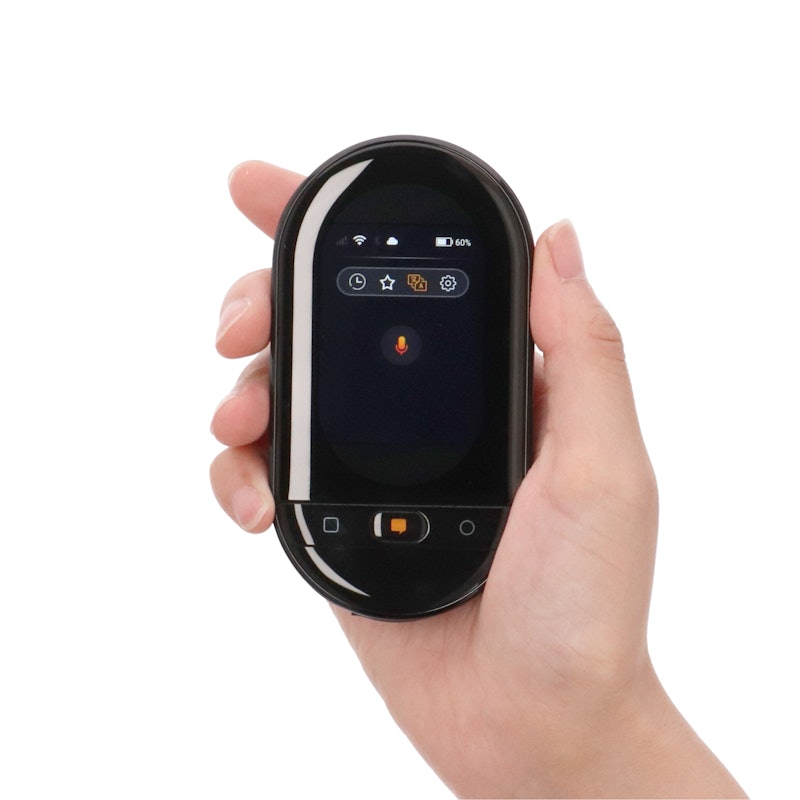 Translator device
Translator deviceIn Japan, there are many places where English is not widely understood, making a translator device very useful. Whether you install a translation app on your smartphone or carry a dedicated translator device, it will help you when ordering at restaurants, asking for directions, or understanding explanations at tourist attractions. This is especially helpful in rural areas where people may only speak Japanese.
Recommended Translation App
It’s not certain whether it will be compatible with your smartphone, but to make your trip more comfortable, consider using the following translation app:
- VoicePing: This app converts speech to text and translates it instantly, making real-time conversations smoother.
Portable hand sanitizer
 Portable hand sanitizer
Portable hand sanitizerPortable hand sanitizer can be purchased at convenience stores, so you can buy it while doing other shopping there. Additionally, convenience stores carry a variety of items such as underwear, shirts, and stationery. If you find yourself in need of something urgently, consider visiting a convenience store. Many of them are open 24 hours, making it easy to stop by at any time.
You will come into contact with many people in public transportation and tourist spots. While public restrooms and restaurants in Japan often provide hand sanitizer, it is convenient to have your own portable hand sanitizer to maintain cleanliness at all times.
